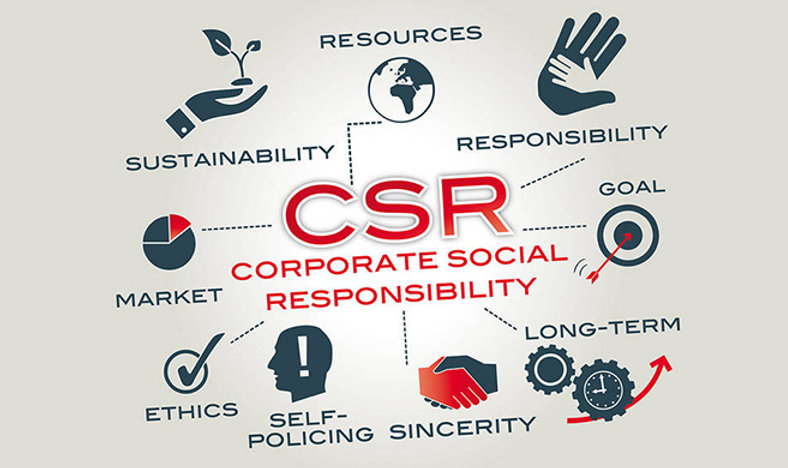move into a more impact-oriented and digitally accountable era, it's clear that CSR legislation in India is gearing up for its next leap. Let’s explore where it’s heading and what it means for businesses.
🔍 1. Strengthened Focus on Impact Assessment
The Ministry of Corporate Affairs (MCA) has already introduced mandatory impact assessments for companies undertaking CSR projects worth ₹1 crore or more and those with CSR outlays of ₹10 crore or above in the preceding 3 years. Going forward, we can expect more robust frameworks to standardize methodologies, third-party evaluations, and sector-specific metrics for measuring outcomes.
What You Can Do: Prepare your CSR teams to align projects with measurable, long-term community impact. Build early partnerships with expert evaluation agencies.
🔗 Explore the latest CSR circulars on the MCA website
🧾 2. Stricter Auditing & Reporting Norms
With the introduction of the National CSR Exchange Portal and mandatory disclosures through MCA21, transparency is becoming non-negotiable. Upcoming amendments are likely to bring greater scrutiny to CSR spending authenticity, beneficiary tracking, and project completion timelines.
What You Can Do: Maintain real-time records, ensure proper documentation of activities, and integrate technology for seamless monitoring and compliance.
🌍 3. CSR-ESG Integration is on the Cards
Globally, CSR is blending into the broader ESG (Environmental, Social, Governance) narrative. Indian regulators may gradually move towards aligning CSR disclosures with ESG reporting norms, especially as investor interest in sustainable companies grows.
What You Can Do: Start weaving ESG-aligned language into your CSR reports. Showcase environmental and social impact with data-backed evidence.
🧩 4. Regional & Sectoral Prioritization
Future policies may include preferential incentives for projects focused on aspirational districts, climate action, and skilling. The government is expected to encourage alignment with national missions like Jal Jeevan, Gati Shakti, and Digital India.
What You Can Do: Map your CSR strategy with national development goals. Partner with local governments for impactful regional interventions.
💡 5. Greater Emphasis on Collaboration
The future of CSR legislation may push for collaborative CSR models, urging companies to co-invest in larger, multi-corporate programs. This may also mean new frameworks for pooling resources transparently and delivering scale.
What You Can Do: Explore partnerships with other corporates, NGOs, and government bodies for broader reach and collective action.
Conclusion: From Compliance to Contribution
As CSR laws evolve, the message is clear—tick-box philanthropy is out, and sustainable, strategic action is in. The businesses that proactively adapt to the upcoming legislative waves will not only stay compliant but also lead with purpose and power.
✨ Stay ahead. Stay impactful.
Follow CSR Frontier for the latest updates, expert takes, and community insights on CSR, sustainability, and governance in India.
🔗 Official Source: Ministry of Corporate Affairs – CSR Section

